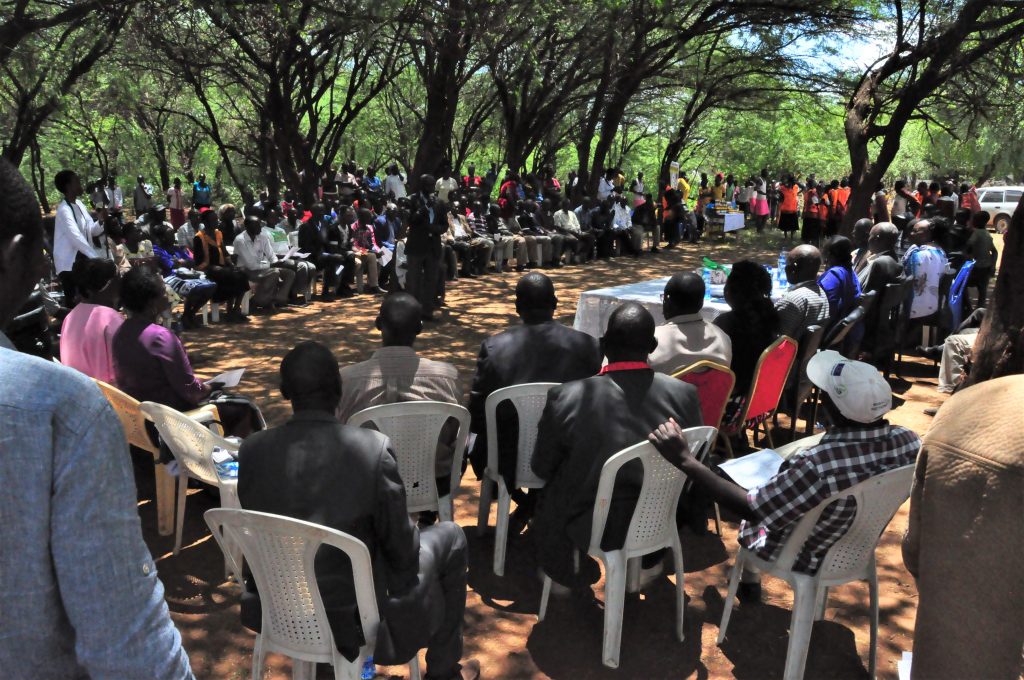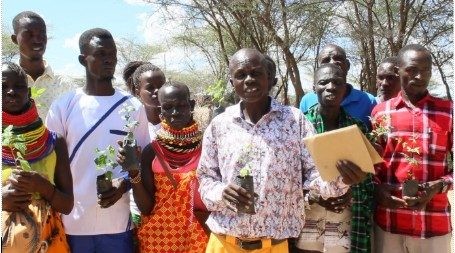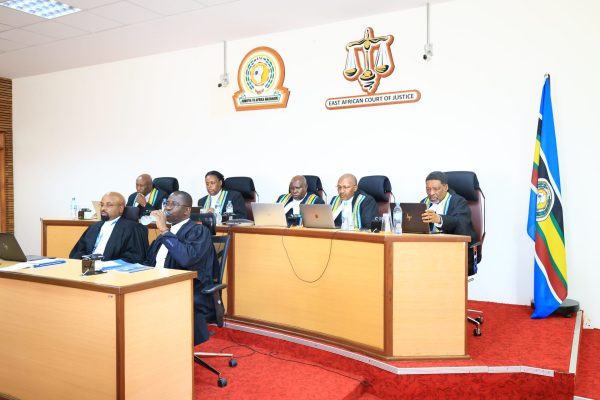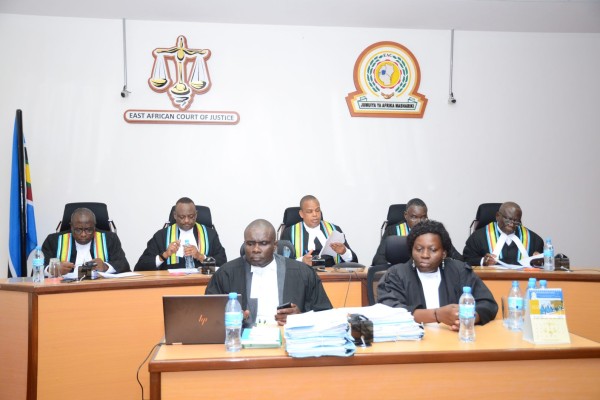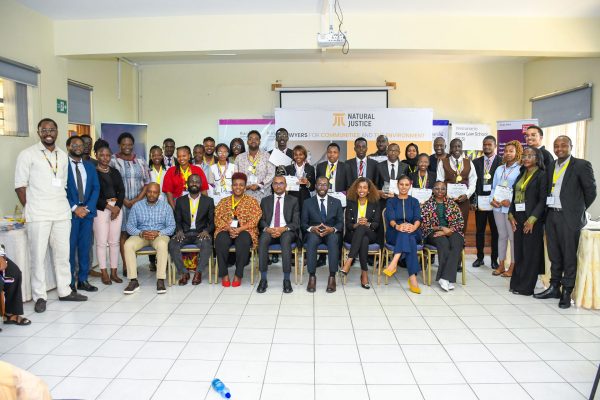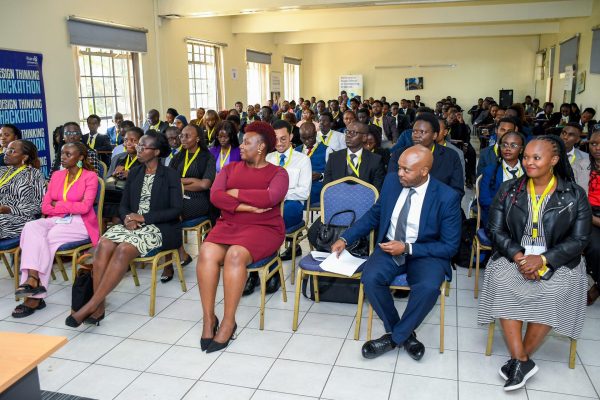The legislative and policy formulation process is an important first step towards securing the rights and fundamental freedoms of communities living in Kenya, including their right to a clean and healthy environment.
The Kenyan Constitution grants the executive and parliament powers to formulate policies and make laws respectively. These powers should, however, be exercised in the interest of the people of Kenya. The success of the legal and policy-making process is, therefore, dependent on how inclusive it is.
To enhance the participation of marginalised communities in the decision-making process, Natural Justice has been instrumental in tracking emerging legislation in the environmental justice sector and supporting communities to submit memoranda to Parliament at the national and County Assemblies on laws that affect them.
The subsequent discussion provides an overview of some of the legislative and policy reform work we have participated in between 2018 and 2019.
National Bills or Regulations
Public Participation Bill(s)
Currently, the Kenyan Parliament is considering three bills on public participation; including the Public Participation Bill (Sen. Bills No. 4 of 2018), Public Participation Bill (NA Bill No. 69 of 2019) and the Public Participation Bill (NA Bill No. 79 of 2019).
The purpose of these Bills is to give effect to the Constitutional provisions on public participation (Article 10(2)(a), 69(1)(d), 174(c), 184(1)(c), 196(1)(b), 201(a) and 232(1)(d)). However, it is a mystery as to why there are three different bills. The chances of enacting conflicting laws are high. This not only reflects the lack of coordination between the two houses of parliament, but may also confuse the public.
Nevertheless, these pieces of legislation all seek to provide a framework for public participation by defining the parameters for assessing its effectiveness and defining the obligations of state organs and public offices when conducting public participation. This is an important step in the right direction considering the practical challenges communities continue to face when participating in decision-making processes on matters affecting them.
Public participation has been problematic for the longest time in Kenya due to the ambiguity and vagueness in the law. The absence of a law to prescribe the requirements for public participation that meets the Constitutional threshold has created the conditions for duty bearers to conduct consultations as a formality. The move to formulate a law on public participation is, therefore, consistent with emerging jurisprudence (and here) which has affirmed that public participation must be effective both quantitatively and qualitatively.
Natural Justice supported communities to participate in the development of these laws by tracking notices and calls for public participation, and preparing and submitting written memoranda to Parliament for consideration. We continue tracking the progress of the Bills and constantly provide updates to our community partners.
Status: As of the 27 April 2020, both public participation bills before the National Assembly were still in the first reading stage. The Senate bill, on the other hand, was passed by the Senate on 22 May 2019 and forwarded to the National Assembly Budget & Appropriations Committee for further review.
Environmental Impact Assessment Regulation of 2017
The Environmental (Impact Assessment and Audit) Regulations are guidelines formulated pursuant to Section 6A of the Environmental Management and Coordination Act to guide the practice of integrated environmental impact assessments and environmental audits in Kenya.
The regulations have undergone a review process since 2017. The National Environmental Management Authority (NEMA) has, however, been amending them in a piecemeal manner. In 2019, an amendment was made to the Second Schedule of the Environmental Management and Coordination Act by classifying projects for which an environmental impact assessment must be conducted into low-, medium- and high-risk projects.
A further amendment was also made to a section of the Regulations which exempts low-risk and medium-risk projects from undergoing a full EIA study unless, after assessing the project report, NEMA found that the project would have significant adverse environmental impacts. The approach taken by NEMA is affecting how high-risk projects are now being conducted.
This haphazard approach has created ambiguity in the law. The result is that most project proponents do not complete a scoping report before undertaking the full Environmental Impact Assessment (EIA) study. This significantly affects the finalisation of the terms of reference for completing the EIA and has taken away NEMA’s power to comment upon them.
Together with our partners, the World Wide Fund for Nature (WWF),we attended two validation workshops in 2018. Here we raised concerns regarding the lack of clarity in the law regarding the scoping exercise and the extensive discretion given to NEMA to decided which projects require a full EIA study or not.
Status: These regulations have not been officially approved or published in the Kenyan Gazette.

Access to Information Act No. 31 of 2016
The Access to Information Act was enacted to give effect to Article 35 of the Constitution of Kenya which provides for the right to information. Under the Act, the Commission on Administrative Justice (CAJ) was established to exercise oversight functions and enforce the provisions of this Act. Where administrative institutions fail to respond to information requests within the stipulated 21-day period, an aggrieved party can seek redress by filing a complaint with the CAJ.
The Act is instrumental for supporting communities’ advocacy efforts. They can rely on its provisions to request information about planned development projects and commercial business activity from relevant administrative bodies.
Even with the presence of this law, administrative institutions largely remain unresponsive, making access to information difficult for communities. Additionally, no regulations have been drafted to facilitate the exercise of this right by communities. There is a clear need to devolve the office of the CAJ. This will become important to promote access to remedies when the right to information is unreasonably denied.
So far, Natural Justice’s experience with the CAJ has yielded positive results; hence demonstrating the significant role they play in securing the right to information.
The Senate passed a Bill cited as the Commission on Administrative Justice (Amendment) Bill (Senate Bills No. 6 of 2019)which seeks to devolve the functions of the CAJ to the county level. The Bill was passed by the Senate with amendments and referred to the National Assembly, where it is being reviewed by the Budget Office. This was a positive step. If this Bill becomes law, it will help to improve access to information for communities in marginalized areas.
In an attempt to contribute to the improvement of the laws on access to information, Natural Justice took part in the initial discussions on the Data Protection Policy and Access to Information Regulations. Last year, we also submitted comments to the “Taskforce on the Improvement of Government Information and Public Communications Functions”, throughthe Ministry of Information, Communications and Technology, on the challenges of accessing different types of information, including environmental information, and ways of improving access to information in Kenya.
The comments submitted in these processes were based on the experiences of communities and the practical difficulties they encounter on a day-to-day basis; including the accessibility of the information in a timely, less costly and meaningful way.
Status: The Regulations on Access to Information are still in the draft form and a final report by the Taskforce on the Improvement of Government Information and Public Communications has not yet been released.
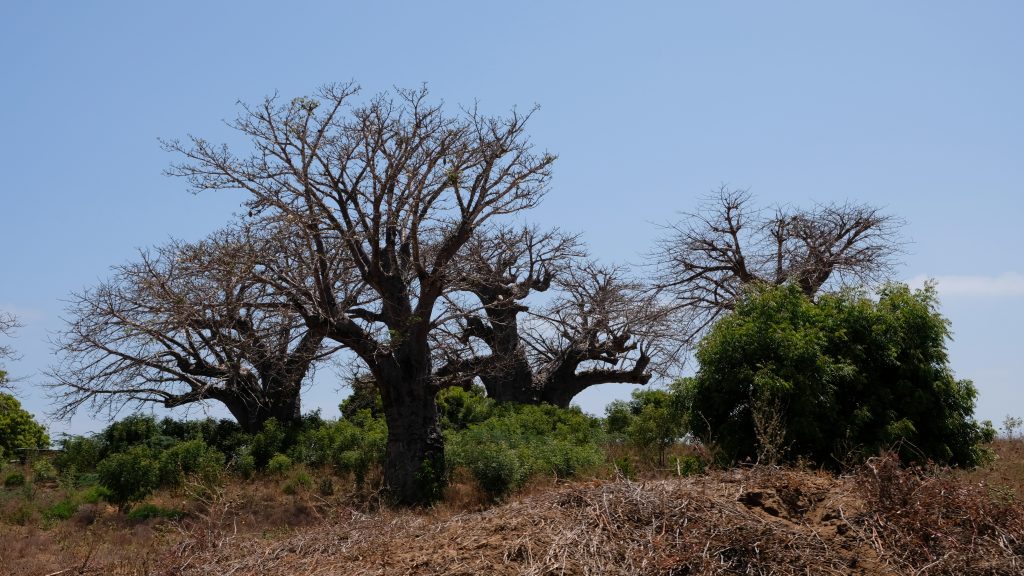
Land Value Index (Amendment) Bill (National Assembly Bills No. 3 of 2018)
The Bill was assented to by the President on 2 August 2019 and is cited as the Land Value (Amendment) Act of 2019. This Bill introduced amendments to the land laws, particularly with respect to compulsory land acquisition. The Bill introduced a method for valuing land in order to derive the amount of compensation to be paid for it.
These amendments have serious implications for communities whose lands have been previously acquired without government following due process and providing just compensation. Communities depend on their land for their livelihoods, survival and the realisation of their cultural rights. Unfortunately, the non-monetary value that communities attach to their ancestral lands and resources are not recognised in the law.
We supported communities to prepare and submit written comments to the legislators. Some of the communities’ concerns raised during the public participation stage revolved around the constitutionality of the amendments proposed including: the proposal to prevent a court from stopping any government development project once the land acquisition process was complete; the granting of powers to allow the government to take possession of land before compensating affected victims; and the market approach of valuing land.
The deletion of the provision preventing the court from stopping government development projects was a positive step. However, many of the provisions of the Land Value (Amendment) Act remain problematic. The Act retained the position that the government can take possession of land acquired compulsorily before payment of compensation and it has up to one year to compensate the affected individuals. The Act also still adopts a market value approach for computing the value of community land which may result in unjust compensation where community land is acquired. Therefore, its provisions pose a threat to the rights of communities in terms of their land.
Through the advocacy work we have been conducting, we were able to reach out to and inform various parliamentary and county leaders, as well as community members, by publishing an analysis of the Act in conjunction with the Drylands Learning and Capacity Building Initiative, Liz Alden Wily (an independent land expert) and the Pastoralists Parliamentary Group (PPG).
This analysis highlights the unconstitutional provisions of the Act and its implications on land acquisition and compensation in Kenya. We have also convened meetings with leaders to raise awareness about the need to push for a further amendment to the Act or lodge a legal challenge in court.
Natural Justice also developed a factsheet which speaks to some of the negative implications for communities.
The Natural Resources (Benefit Sharing) Bill (Senate Bills No. 31 of 2018)
This Bill establishes a system of benefit-sharing in resource exploitation between the national government, county governments and local communities. It establishes the Natural Resources and Benefit Sharing Authority to implement the provisions of this Bill. This Bill specifically applies to revenues drawn from the exploitation of petroleum, natural gas, minerals, forest resources, water resources, wildlife resources and fisheries resources. It also attempts to harmonize Kenya’s legal framework on benefit-sharing, which are currently fragmented.
Communities would benefit from this law if favorable terms are included, particularly on access and benefit sharing, and the involvement of communities in the management of resources within their territories. It was important to ensure that the interests of marginalised and indigenous communities were incorporated into this law because, when it comes to exploitation of resources, they bear the greatest burdens from the impacts. Unfortunately, very little benefits accrue to such communities, despite their significant contribution to environmental conservation.
We worked closely with community partners to draft comments and submit them to the relevant parliamentary committee for consideration. The main concern was to advocate for the apportionment of greater monetary and non-monetary benefits to communities, as well as their involvement in the management of these resources. The tracking of the progress of this Bill is also on-going.
Status: On 23 October 2019, the Bill was passed by the Senate with amendments and referred to the National Assembly. It went through its first reading in the National Assembly a month later, on 24 November 2019, and was then referred to the Parliamentary Budget Office for technical review.
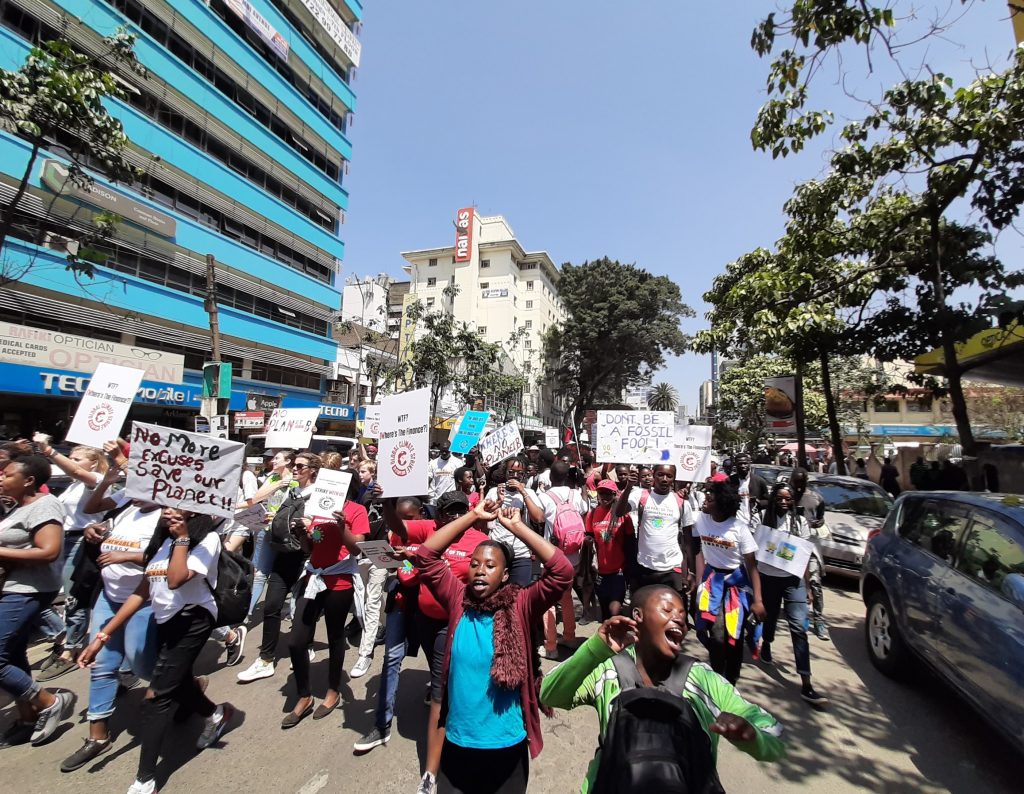
Public Order (Amendment) Bill (National Assembly Bill No. 15 of 2019)
This Bill amends the Public Order Act by imposing strict liability on the organisers of a demonstration in the event that property is damaged or people get hurt during a public procession. Communities involved in the struggle to assert and secure their lands and environmental rights are exposed to several threats and risks while engaging in activism through advocacy. Therefore, scrutinizing amendments made by this Bill was important to ensure the protection of civic and democratic spaces.
We raised the unconstitutionality of this amendment in our submissions to Parliament. This Bill, in our view, is unconstitutional to the extent that it limits the right of citizens to peacefully assemble, demonstrate and picket. This may negatively impact the activities of our community partners. They rely on campaigning and community mobilisation as a strategy to advocate for their rights. The Bill could create a leeway for the authorities to intimidate frontline defenders.
Status: The Bill has gone through the first reading in the National Assembly.
Wildlife Conservation and Management (Amendment) Bill (Senate Bills No. 24 of 2019)
This Bill was introduced in the Senate for its first reading on the 18 February this year. It was then referred to the Senate Committee on Land, Environment and Natural Resources. The Bill proposes to amend the Wildlife Conservation and Management Act in the following ways:
- Making further provision for the allocation of adequate facilities to County Wildlife Conservation and Compensation Committee.
- Specifying a timeline of six months for the payment of compensation for human death, injury, crop or property damage caused by wildlife.
- An interesting aspect is that it doubles the minimum percentage of monetary benefits that should accrue to local communities from the use of protected areas. Under the current Wildlife Conservation and Management Act, the minimum percentage of benefits communities are entitled to from protected areas is 5%.
While point three above is a progressive move, it may still pose challenges related to the fragmentation of laws, given that the Natural Resources and Benefit Sharing Bill is also undergoing the legislative process and seeks to address a similar issue.
Natural Justice made submissions on the Bill.
Status: The Bill is now in the second reading stage of the legislative process.
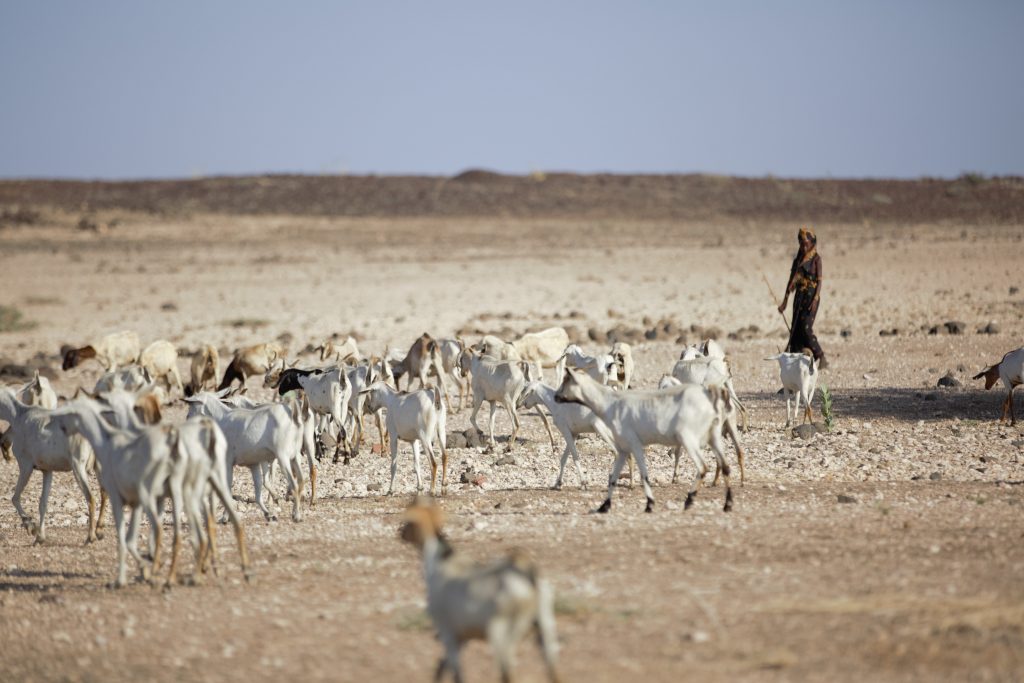
Sugar Bill (National Assembly Bill No. 68 of 2019)
This Bill provides a framework to regulate and promote the sugar industry in Kenya. It establishes the Kenya Sugar Board to implement its provisions.
Since sugar industries have several adverse social, economic and environmental impacts on the lives of communities residing close to the factories, as was seen in the case of Kibos Sugar and Allied Industries and Transmara Sugar Company, it has been important to advocate for the inclusion of a mandatory obligation on sugar industries to use environmentally friendly technologies.
Status: This Bill went through the first reading in the National Assembly on the 30 October 2019.
Draft Frameworks and Instruments in the Mining Sector, 2019
Pursuant to the provisions of the new Mining Act of 2016, the Ministry developed the following frameworks: –
- Draft Strategic Plan 2018-2022 for the Mining Sector: This strategic plan was developed in fulfillment of the mandate placed on the State Department of Mining to formulate policies on Kenya’s extractive industry, as well as the need to align to the Medium-Term Plan 2018-2020.
- Draft Gender Strategy and Action Plan for the Mining Sector for the period 2019-2023: This was developed in response to the increased recognition of the marginalisation of women along the mining value chain. Therefore, it seeks to eliminate gender inequality in the mining sector and increase the participation of women by enhancing their capacity and creating greater spaces and opportunities for inclusion.
- Draft Kenya National Mining Institute Bill: The purpose of this Bill is to establish the Kenya National Mining Institute as a state corporation to provide, in collaboration with other institutions, skills development, consultancy, research, innovation and development in the mining sector.
- Draft Community Development Agreement Guidelines: The purpose of these Regulations is to promote the sharing of benefits between the holder and the communities where mining takes place. More specific provisions are made on the process of drafting Community Development Agreements through a participatory process in line with Article 10 of the Constitution.
- Draft Model Community Agreement: This provides a template for a Community Development Agreement to guide the drafters. Generally, a basic agreement must include community consultations, engagement and participation, responsibilities and obligations of parties; code of conduct; project and program implementation; financial management and reporting requirements; and dispute and conflict resolution mechanism.
- Draft Mining (Local Equity) Regulations 2019: These draft Regulations were developed by the Cabinet Secretary to ensure that citizens participate in mineral resource development, acquire a stake in mining companies operating in Kenya and encourage corporations to raise capital locally for mineral resource development.
Natural Justice advocated for the inclusion of communities’ concerns by submitting written comments in collaboration with our community partners and attending the public forums organised by the Ministry of Petroleum and Mining pursuant to the provisions of the new Mining Act of 2016. The overarching issues brought out in the submissions and during the public hearing, related to the need to mainstream environmental protection and safeguards in these frameworks and develop a more just system of benefit-sharing of proceeds from the mining sector.
Status: The regulations have not been published and gazetted.
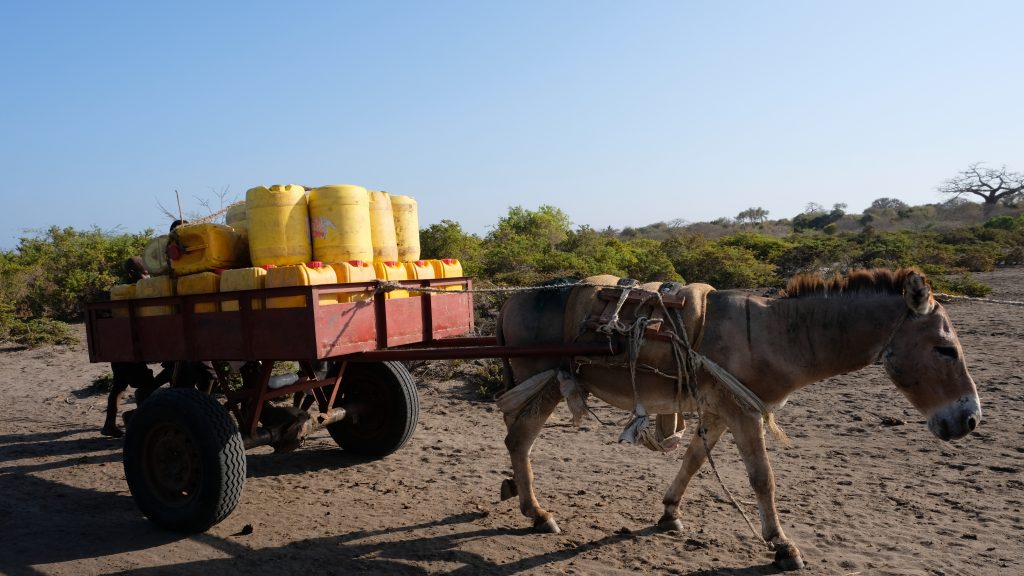
Draft Water Regulations, 2019
Several draft water regulations were developed in 2019 by the Ministry of Water and Sanitation in line with the provisions of the Water Act, 2016. The regulations include the Water Resources Regulations, Water Services Regulations, Water Tribunal Rules and Water Harvesting and Storage Regulations. The purpose of developing water regulations is to ensure access to a constant supply of water at the national and county level, as well as the protection of the environment by promoting its sustainable management and use.
- The proposed Water Resource Regulations seeks to replace the previous regulations with substantive amendments to take into account the new institutional mandates of the Water Resources Authority, the Basin Water Resources Committees and the Water Resources User Associations established by the Water Act.
- The Water Services Regulations outlines the rules applicable to the Regulatory Board, all licensees in Kenya or their agents and all water service operators.
- The Water Tribunal Rules elaborate the rules of procedure and guidelines for the conduct of matters before the Water Tribunal in a manner that will guarantee access to justice.
- Last, but not least, the Water Harvesting Regulations aims to improve service provision in the water sector, including expanding Kenya’s water capacity.
Access to water and proper sanitation is problematic, especially in marginalised areas, because of the impacts of climate change. Water scarcity is worsened where large-scale development projects contaminate fresh water sources or extract huge amounts of water from natural sources which communities rely on.
By submitting comments to the Ministry of Water and Sanitation, we highlighted the importance of protecting natural sources of water from contamination by putting in place strict environmental protection mechanisms during the water licensing process and providing access to remedies where their right to a clean and healthy environment is threatened or violated. The devolution of affordable water services to the grassroots level was emphasized.
Status: The final versions have not been publicised.
Review of the Environmental Impact Assessment Regulations on Substances that Deplete the Ozone Layer
These regulations were formulated by the Cabinet Secretary in consultation with NEMA pursuant to section 56 of the EMCA which provides for the protection of the ozone layer. Section 56 of EMCA provides for the development of guidelines and programmes concerning the:
- Elimination of substances that deplete the stratospheric ozone layer;
- Controlling of activities and practices likely to lead to the degradation of the ozone layer and the stratosphere;
- Reduction and minimisation of risks to human health created by the degradation of the ozone layer and the stratosphere; and
- Formulation of strategies, preparation and evaluation of programmes for phasing out ozone depleting substances.
These Regulations are very relevant in the context of the current global climate crisis due to the increased emission of harmful industrious gases. For this reason, countries are being encouraged to adopt stringent measures and ambitious Nationally Determined Contributions to reduce the impacts of climate change.
In our written and oral submissions to NEMA, we pushed for strict licensing processes, as well as effective monitoring of compliance with licence conditions. We also advocated for public access to all the information in the licenses issued pursuant to these Regulations. Most importantly, the Regulations should restrict the use of ozone depleting substances. It should constantly review the list of substances categorised as “ozone depleting substances” based on scientific findings.
These comments were also shared and discussed with our community partners to draw their attention to potential issues.
Status: These regulations are currently being reviewed by NEMA and the public participation process was completed.
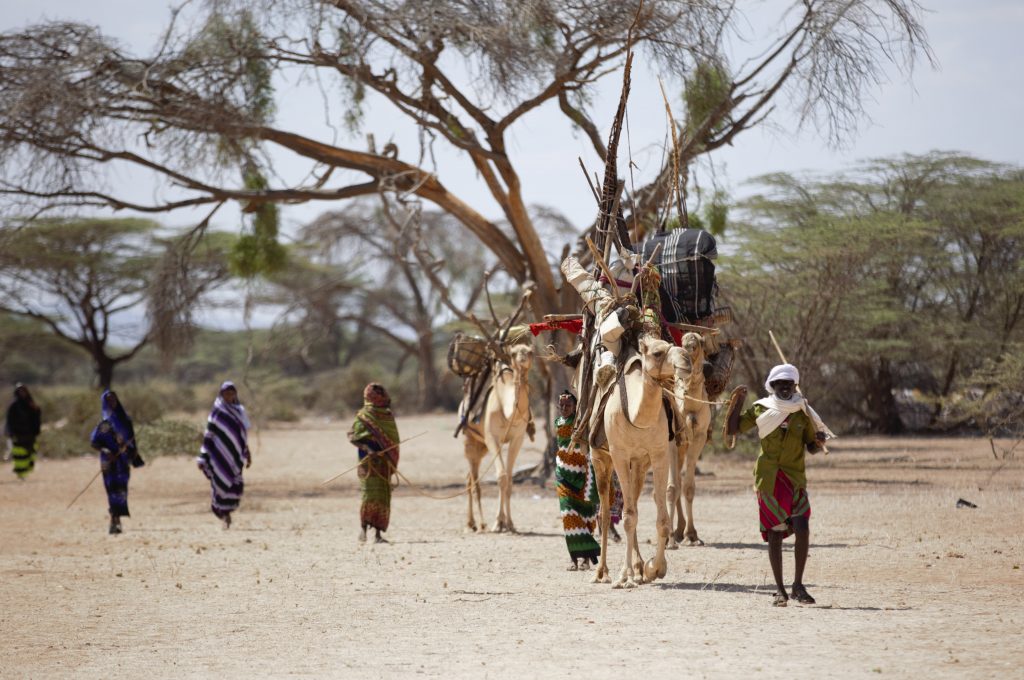
Review of the Forest (Community Participation in Sustainable Forest Management) Rules, 2009
The objective of the Rules is to provide for the circumstances under which authorisations (permits, timber licence, special-use licence, Joint Management Agreements, concessions, Community Forest Management Agreements and cultivation permits) may be applied for, granted, varied, cancelled or declined, and the manner in which a person granted such authorisation may exercise a right or privileged conferred by the authorisation. These regulations, which are being reviewed by NEMA, advocate for the participation of communities in forest management and conservation.
These Rules are relevant to forest communities who have recently been victims of forced evictions and human rights violations by the Kenya Forest Service. Kenya’s forest sector is facing major governance issues. This is due to the unsustainable conservation model adopted in Kenya which excludes communities from participating in decision-making and forest management.
Although Natural Justice planned to attend the various public participation forums organised by the Ministry of Environment in various counties, the forums, which were initially supposed to be held between March and April 2020, were suspended due to the Covid-19 pandemic. The measures put in place the government to control the spread of the virus has, therefore, significantly affected the ability of communities to participate effectively in legislative processes.
However, we worked with community partners to submit written comments on the rules.
Status: The Rules have not been published in the gazette although the public participation process came to an end.
County Bill and Regulations
Kilifi County Draft Air Quality Regulations of 2019
The regulation of air quality is a devolved function that rests with the County Government (See the Fourth Schedule of the Constitution, Part 2, Section 3). Therefore, in 2019, the County Assembly of Kilifi introduced the Kilifi County Draft Air Quality Regulations of 2019 pursuant to section 35 (1) of the Kilifi County Environment (Regulations and Control) Act 2016.
The quality of air we breathe in can affect our health and well-being. Cases of air pollution by industrial companies have become more especially around community settlement areas. It is therefore not only important for county governments to come up with strict regulations on air quality to ensure that the right to a clean and healthy environment is not infringed.
Natural Justice supported our community partners from Malindi Rights Forum to prepare and submit written comments, as well as participate in the public hearing forum organised by the county assembly. The key issues raised in the submissions included: the need to ensure consistency between these regulations and the EMCA and Constitution; the enhancement of collaboration and coordination between the county government, NEMA and affected communities in implementing its provisions; and the importance of ensuring the continued monitoring of compliance with the regulations.
Status: Following the public participation forum that was held on 9 May 2020, the regulations have not been approved to date.
Policy reform
Transparency and Accountability Framework for the Petroleum Sector in Kenya
The Ministry of Petroleum and Energy engaged the Strathmore Extractives Industry Center (SEIC) to develop a fit-for-purpose Transparency and Accountability Framework and Action Plan for Kenya’s petroleum sector, particularly the upstream segment. This framework aims to increase transparency, accountability and good governance in the upstream sector, in line with the Constitution of Kenya 2010 and international best practices.
During our participation and submissions of comments, we emphasised the need to disclose any petroleum license, contract, concession, production-sharing agreements or other agreements granted by or entered into by the Government pre- and post the 2010 Constitution, disclosure of the beneficial owners, exploration and production data disclosure, revenue collection, allocation and management, and the social and environmental contributions and impacts of the oil and gas sector.
Status: So far, this framework is still in its draft form.
In conclusion, participating in the legislative process is one thing, but ensuring that the views of communities are actually taken into consideration during the decision-making process is another uphill task. For communities to influence the legislative process, cooperation and solidarity among different communities and organisations is essential. In the same vein, political good will is required, especially during times such as the covid-19 pandemic, which has limited spaces for civic engagement and participation significantly.

